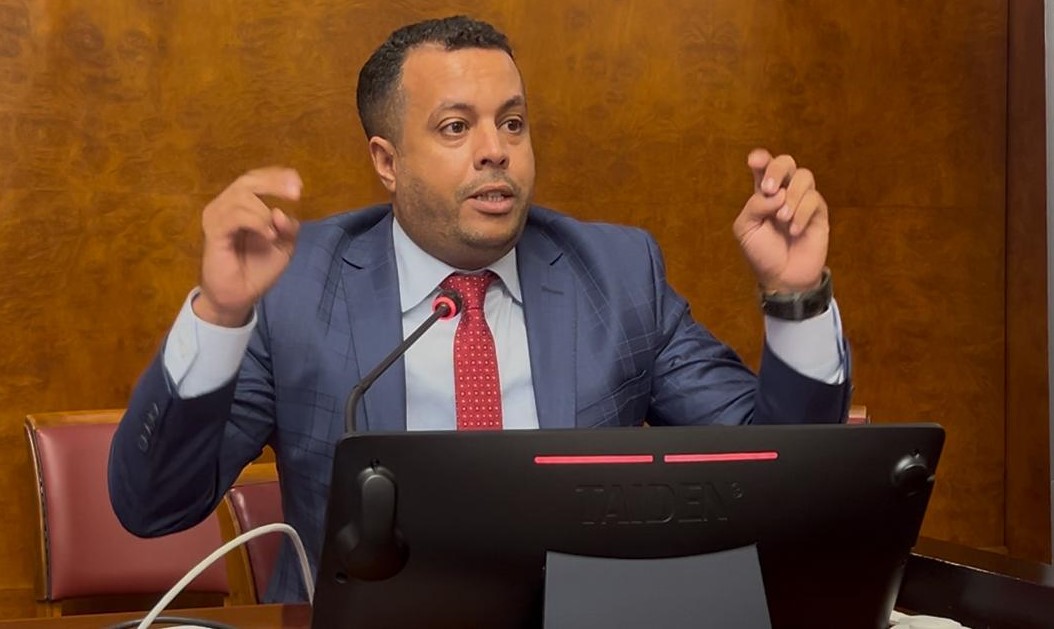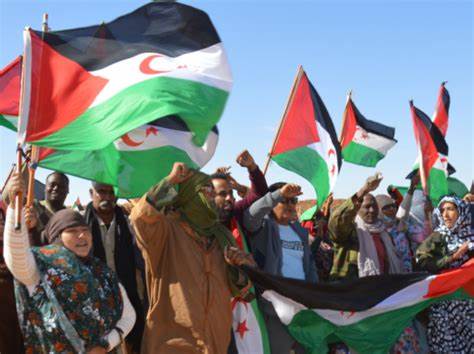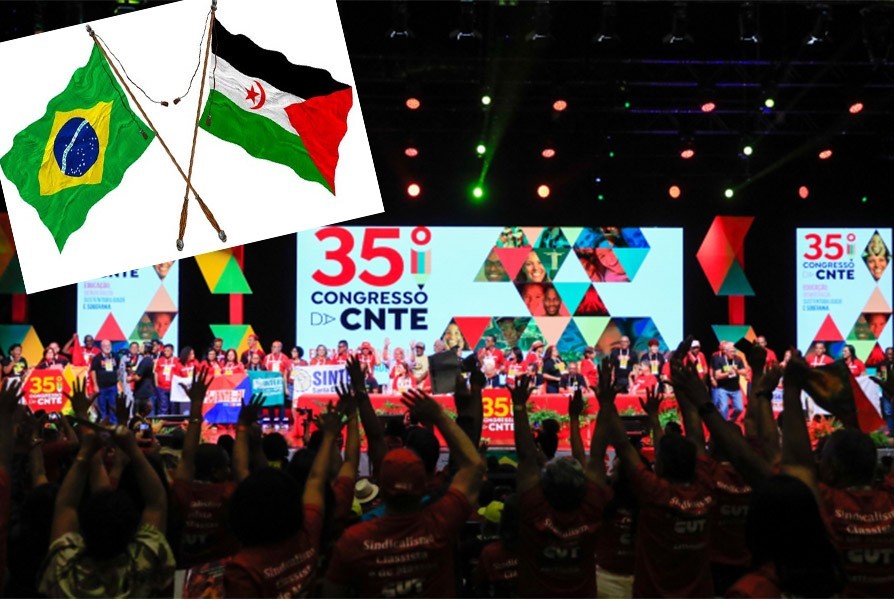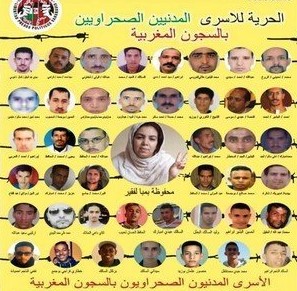
Geneva (Human Rights Council) 11 September 2025 (SPS)— Sahrawi human rights defender Hasanna Abba delivered a statement on Wednesday during a side event organized by Front Line Defenders, Social Service for Human Rights, and the Rafto Foundation, with the support of the South African Permanent Representation in Geneva.
In his remarks, Abba shed light on the severe and ongoing consequences of political imprisonment in Western Sahara, stressing the suffering endured not only by the detainees themselves but also by their families.
“The issue of political detention in Western Sahara cannot be separated from the Moroccan invasion of 1975. Arbitrary arrests of Sahrawis in the occupied territories ignore international law and amount, in reality, to abductions,” Abba stated.
Currently, around 32 Sahrawi political prisoners remain incarcerated across several Moroccan prisons, often hundreds of kilometers away from their families. According to Abba, the closest facility lies nearly 600 km from the prisoners’ homes, compounding the hardship of both detainees and relatives.
Abba highlighted the situation of the Gdeim Izik group, who have faced harsh conditions for 15 years despite rulings from the UN Working Group on Arbitrary Detention and the Committee Against Torture, which condemned Morocco’s practices and affirmed the illegality of their detention.
He described a pattern of systematic reprisals, including denial of education and confiscation of study materials, restrictions on family visits, often conducted in degrading circumstances, with relatives subjected to humiliating searches, economic pressures, such as the suspension of family members’ salaries due to their support for detainees or engagement with UN bodies.
He also considered that the Moroccan authorities use the prohibition of phone calls to mourn the death of relatives, isolating prisoners from their communities, and the harassment of families, including intimidation, house raids, and attacks, such as those targeting the families of prisoners Mohamed Buryal and Mohamed Lamine Haddi.
Inside prisons such as Tiflet and Kenitra, Abba further said, detainees reportedly endure solitary confinement, psychological torture, restricted phone access, and deliberate medical neglect, which Abba warned poses life-threatening risks.
“The prisoners are caught between life-threatening health risks, constant ill-treatment, deprivation of basic rights, and a prison environment devoid of dignity,” he said.
Abba concluded by stressing that these practices amount to collective punishment in violation of international humanitarian law. He urged the international community to enforce UN decisions regarding the Gdeim Izik prisoners and others, exert diplomatic pressure on Moroccan authorities to guarantee detainees’ rights and acknowledge and support families living under systematic harassment and deprivation.
“The question of Sahrawi prisoners is not just about individuals behind bars,” Abba affirmed. “It is about the rights of an entire people under occupation, a people who deserve justice, freedom, and dignity.”
The panel was organized by Front Line Defenders, the International Service for Human Rights, and the Rafto Foundation, with the support of the Permanent Mission of South Africa. Participants included Professor Mads Andenas, former chair of the UN Working Group on Arbitrary Detention, and Sahrawi human rights defenders Ibrahim Moussayih, Hassana Abba, and Mahfoud Bechri.
The session was moderated by Tone Sørfonn Moe, with opening remarks by Priyal Sepaha. It concluded with remarks by Tsholofelo Tsheole, Deputy Permanent Representative of South Africa to the UN in Geneva, and Sahrawi human rights defender El Ghalia Djimi. (SPS)
090/500/60 (SPS)



